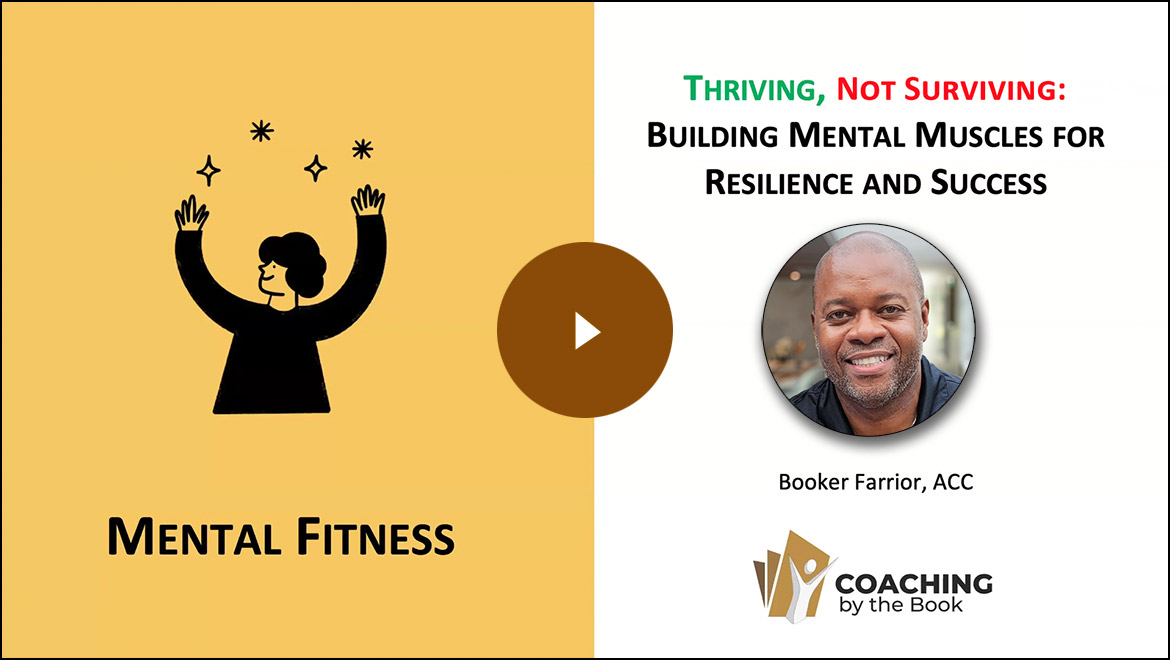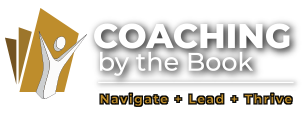
Men’s Health Month: Building Mental Muscle for Success
As many of you know, June is Men’s Health Month. This annual recognition is in part to encourage men to be proactive in addressing their health by implementing healthy living choices.Health has many dimensions – physical, spiritual, emotional, financial. While these are all crucial, let’s focus on mental health. Mental health affects how we...
Life Is Happening – How Are You Keeping Up?
Life, as my kids would say, is “life-ing!”The first quarter of the year has flown by. You’ve checked your progress against your Q1 OKRs, wrapped up the earnings call, and now you’re deep into Q2. Perhaps you’re reflecting on your achievements, or maybe you feel you’re not quite where you hoped to be.Amid the endless cycle of workdays blending...
Parenting vs. Leading: Surprising Similarities in Success
Have you ever thought about the similarities between parenting and leading a team?As a fresh empty nester stepping into new beginnings, I’ve been reflecting on the overlaps between parenting and team leadership. As my kids navigate their upcoming professional opportunities, so many thoughts go through my...
How to Rewire Your Brain and Adopt a Growth Mindset
Find Life Coach: Meet Booker FarriorThis in-depth interview offers a compelling look into the world of professional life coach Booker Farrior. It begins by tracing his unique professional journey – from industrial engineering and supply chain management roles to an unexpected passion for applied behavioral science that ultimately led him to...


